When many people hear the word tariffs, they think about barriers to trade. Of course, it’s a little more complicated than that. What are tariffs and how do they affect me? What are Tariffs and How Do They Affect Me?
Section: What is tariff?
A tariff is a tax levied by a country’s customs on the import. And export of goods passing through its territory according to its laws. Tariff generally belongs to the top tax rate designated by the highest administrative unit in each country.
For countries with developed foreign trade. Tariff is often the main revenue of national tax and even national finance. The government can impose tariffs on all imports and exports. But import tariffs are the most important and the main trade measure. Tariffs are used to protect domestic industries from foreign competition. They can also be used as a way of raising revenue for the government.
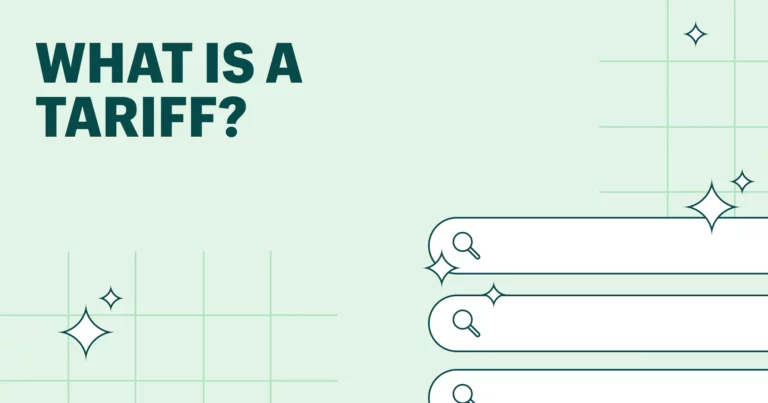
Section: Terms to know.
Tariff is the tax on imports or exports. If a country imposes a tariff. Then it means that there is a tax added to the price of imported goods. Or services when they enter the country. The purpose of this is to make foreign products more expensive. So that local producers can be more competitive with them and therefore sell more domestically.
The reason a country imposes tariffs is to protect local producers from foreign competition. This can be done because the government feels that it’s important to have the country produce goods. And services itself rather than relying on imports or exports.
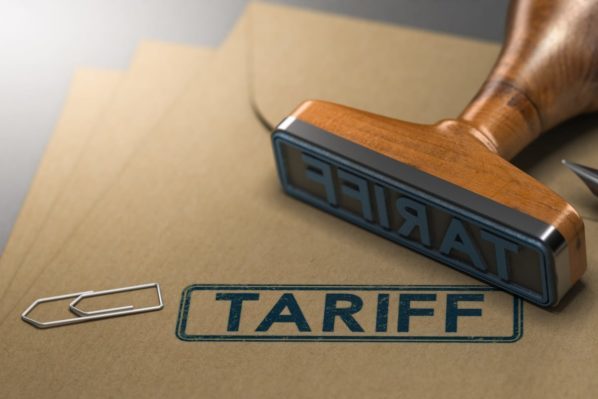

Section: Tariff structures.
1. There are two main types of tariff structures: ad valorem tariffs and specific tariffs. An ad valorem tariff is a percentage of the value of the imported good. While a specific tariff is a set amount per unit of measure (e.g., $1 per kilogram).
2. Ad valorem tariffs are more common, since they’re easier to calculate and enforce. For example, if a product costs $100 and the tariff is 10%. Then the final cost to consumers would be $110. The specific tariff would be more complicated. Since it would have to take the price per unit into account. For example, if a product costs $100 and the tariff is $1 per kilogram. Then the final cost to consumers would be $103.
3. For this reason, ad valorem tariffs are more common. However, specific tariffs can be advantageous in some cases. For example, if there’s a small amount of a product being imported. And it doesn’t make sense to tax the entire value of the good (since most of it is materials). Then charging per unit makes more sense for both governments and consumers.
Section: Free trade.
Free trade is the idea that countries should be able to buy. And sell goods and services without restriction. This means no tariffs, quotas or other restrictions on imports or exports. Free trade can also refer to the removal of other obstacles such as regulations, subsidies and taxes.
- Free trade agreements are used by governments to promote free trade between their citizens and those in other countries.
- They can also help governments to set common standards and rules for trade. The idea behind free trade is that it allows businesses in each country to compete on a level playing field. This means they don’t have to worry about being undercut by competitors. Who are subsidised by their government or other unfair practices
- Free trade can also benefit consumers, who have access to cheaper goods and services. This is because when countries open up their markets to each other, they have more competition. And so businesses have to lower prices in order to compete.
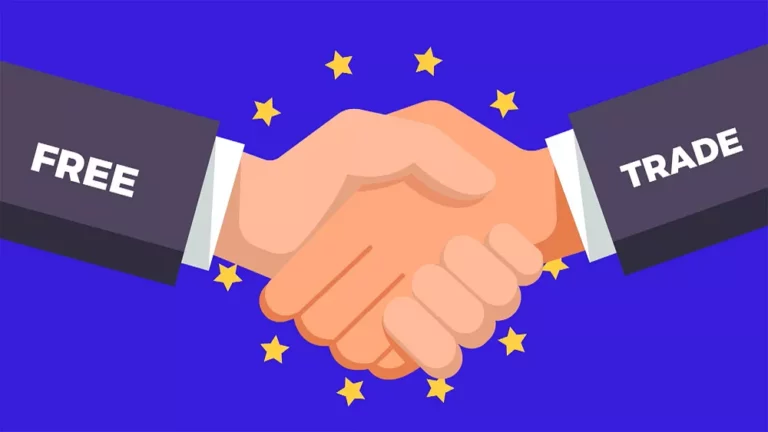
Section: Trade barriers.
There are many reasons why countries might erect trade barriers:
– to protect certain industries from foreign competition;
– to encourage the development of different types of industry; and
– to help domestic producers compete with cheaper goods made in other countries.
The most common types of trade barrier are tariffs, quotas and non-tariff barriers. A tariff is a tax on imports or exports. While a quota is the limit on the amount of a good that can be imported or exported in a certain period.
Non-tariff barriers include regulations and standards that make it difficult for foreign goods to enter a market.
The theory of comparative advantage.
In the late 18th century. British economist David Ricardo developed the theory of comparative advantage. This theory holds that even if one country is better at producing all goods than another country. Both countries will benefit from trade if each specializes in those goods in which it has a comparative advantage:
In other words, if a country produces a good more efficiently than another. It will benefit both countries if the more efficient country specializes in that good. And imports other goods from its trading partner.
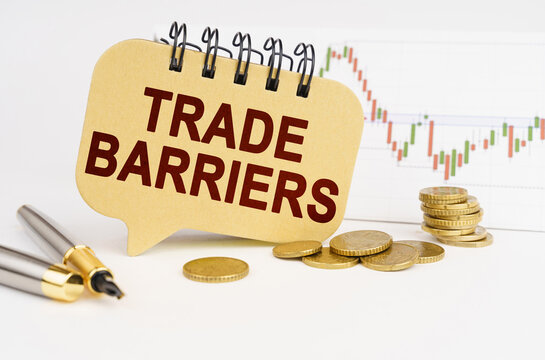

Section: Tariff effects on businesses and consumers.
With tariffs, countries can protect their businesses from foreign competition. They do this by charging a fee on imported goods. Tariffs make it more expensive for consumers to buy those products. Which gives domestic companies an advantage over foreign competitors. But tariffs also keep prices higher than they would be without them.
Tariffs can affect businesses and consumers in a variety of ways, some good and some bad. However, many of the effects are not readily apparent to everyday users. Many of the effects may be directly tied to the overall health of the economy. Which is often is tied to macroeconomic factors.
Here are some of the effects of tariffs:
- Tariffs can increase prices for consumers and businesses.
- They can make it more difficult to import goods from foreign countries, which hurts the economy.
- They may also cause a trade war, which could lead to an economic recession or depression
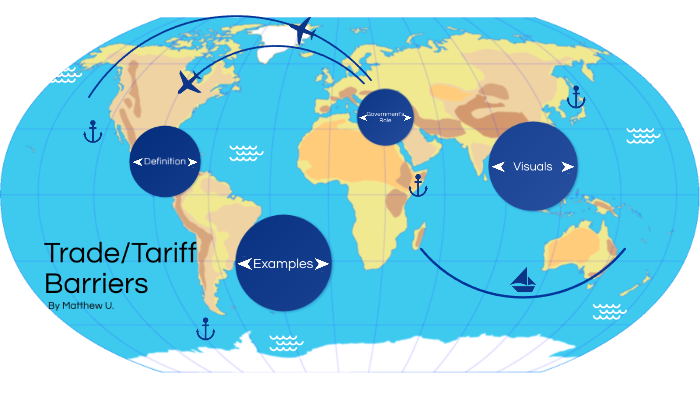
Takeaway: Understanding tariffs can help you make informed decisions about your company. The effects of tariffs are often not clear. But they can have important consequences for businesses and consumers. Understanding the basics of tariffs can help you make informed decisions about your company’s imports. Exports and operations in foreign countries.
Maxtop Tech is a China sourcing company and supply chain assistance management company. Our service for buying office is help our customers to import goods from China more smoothly, more simple. more time-saving.